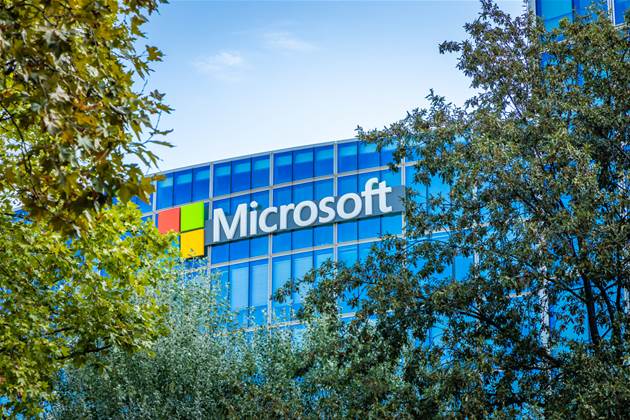AMP is at the tail end of an enterprise-wide human capital management (HCM) project that has seen it consolidate a dozen HR-related systems into one and standardise its processes.
The consolidation, to a single Oracle Fusion Cloud HCM platform, means it now has central visibility and evidence of the “documented goals, check-ins and performance reviews” of “more than 90 percent” of its 3000 employees, director of people services Malcolm Dore told iTnews.
Prior to the consolidation, it only had evidence of goals being set for about 40 percent of employees – primarily because there was no central system, and certain AMP businesses operated with some independence in terms of their system choices.
Dore said the business case for the consolidation project was signed off in early 2021, with Oracle modules progressively deployed from April 2022 by AMP’s internal technology team and KPMG.
AMP began with core transactions, performance and goals, before moving on to learning and HR helpdesk systems.
When functionality was live in Oracle, the existing platforms were decommissioned.
“All of our core processes are now on the Oracle platform: recruitment, talent, core transactions, learning, conduct, case management [and] servicing,” Dore said.
That has allowed AMP to decommission systems including PageUp, which was used for recruitment; Saba for learning management; a Microsoft Forms database used for performance management and “elements of self-service”; and SAP for payroll.
At the time of interview, the project team was finishing work on the transition of contingent worker management capabilities from SAP Fieldglass into Oracle, with the former in line for decommissioning.
Dore said the company had been selective in the historical data it brought in from the now-retired platforms.
“We didn’t migrate all historical data from those legacy systems into Oracle platform,” he said.
“We would have spent another year doing the project had we done that.”
Some historical data, such as recruitment and learning records, where retention is required for regulatory reasons, is being kept accessible for AMP’s people and culture function.
But in other areas, such as performance management, the historical data wasn’t seen to be of particular value.
“We actually didn’t think we have a lot of insight data around performance and talent that was worth migrating to the new platform, so we didn’t waste time doing that,” Dore said.
“I think with the right data experts around each of the decommissions, we’ve got to the right result.”
Dore said the project team is still remediating and addressing some residual “data quality” challenges.
These particularly relate to more granular reporting, below the enterprise and business unit levels.
Data is exported from Oracle to a data warehouse and presented in Power BI dashboards; Dore anticipated data quality for the reporting to improve by the end of the year.
He added the new “platform is enabling leaders to bring more focus on talent” which “will over time help to transform AMP”.
“What it will do over time to build capability and talent, I think, is probably the most important benefit of system,” Dore said.
“We’ve had other benefits … [including that] it’s really helped us to deliver a more consistent service in terms of our [HR] helpdesk and the way we’ve set up that.”
Dore added the HR transformation project is heavily aligned with current CEO Alexis George’s “overall business transformation agenda.”
Over the course of the transformation, AMP has also been on a path of simplifying its business model, leading to the divestment of AMP Capital and its life insurance business.
Next steps
Moving forward AMP is “looking to leverage more capability on the platform to uplift self-service.”
“We’re looking at utilising the Journeys capability a lot more that Oracle has to uplift self-service,” Dore said.
Oracle Journeys is a piece of software designed to manage the employee lifecycle, and to guide employees to complete specific steps or processes.
“We are moving to a service model that’s largely based on leaders being able to self-service,” Dore said.
AMP will also be “looking closely” at its help channels and identifying potential use cases for an Oracle digital assistant – chatbot – that it is yet to deploy.
Dore also suggested that the company may also seek to “rationalise” its employee help channels at some point in the future.
Kate Weber is attending Oracle CloudWorld 2023 in Las Vegas as a guest of Oracle.



